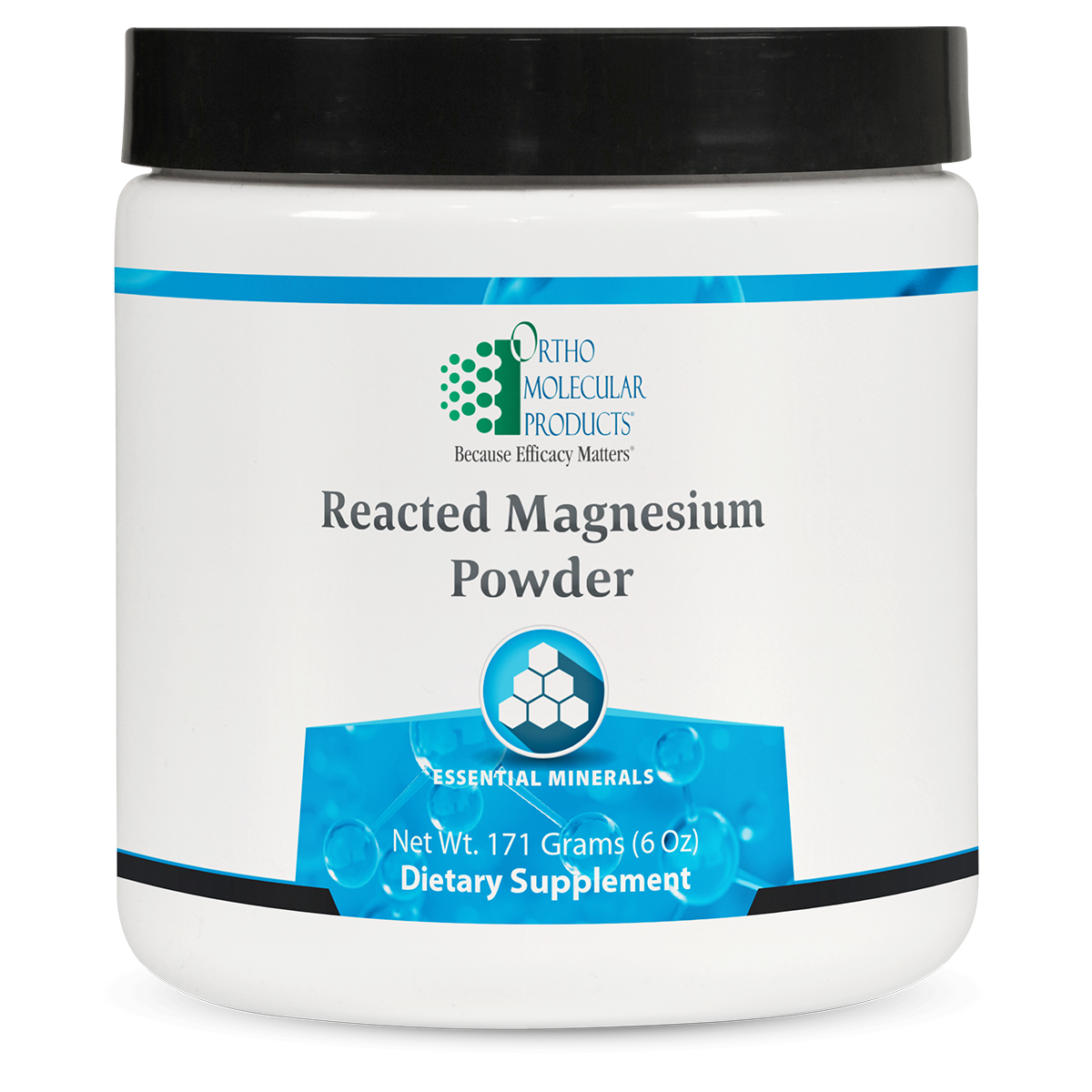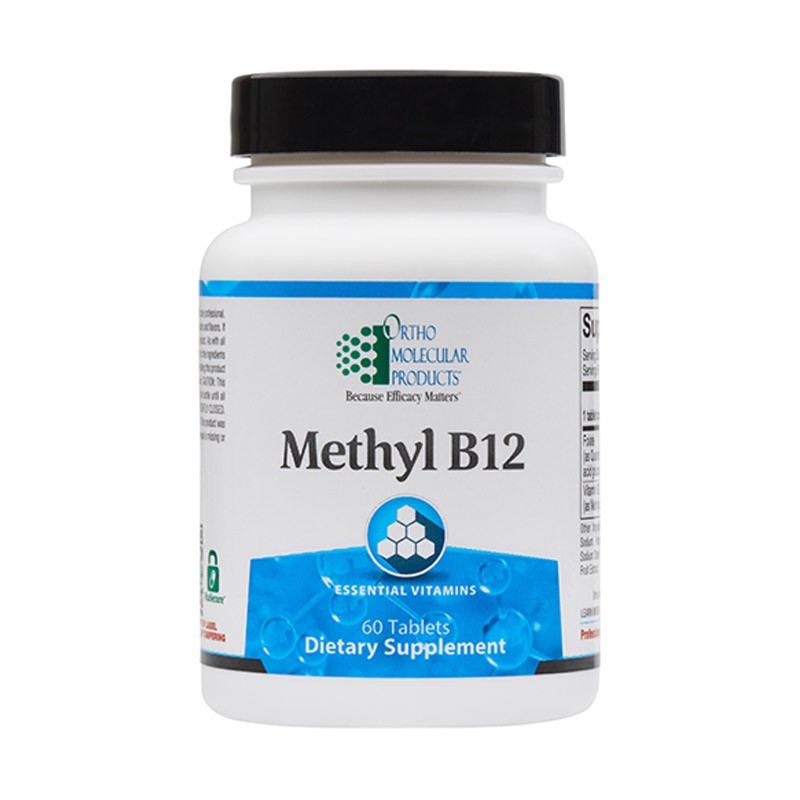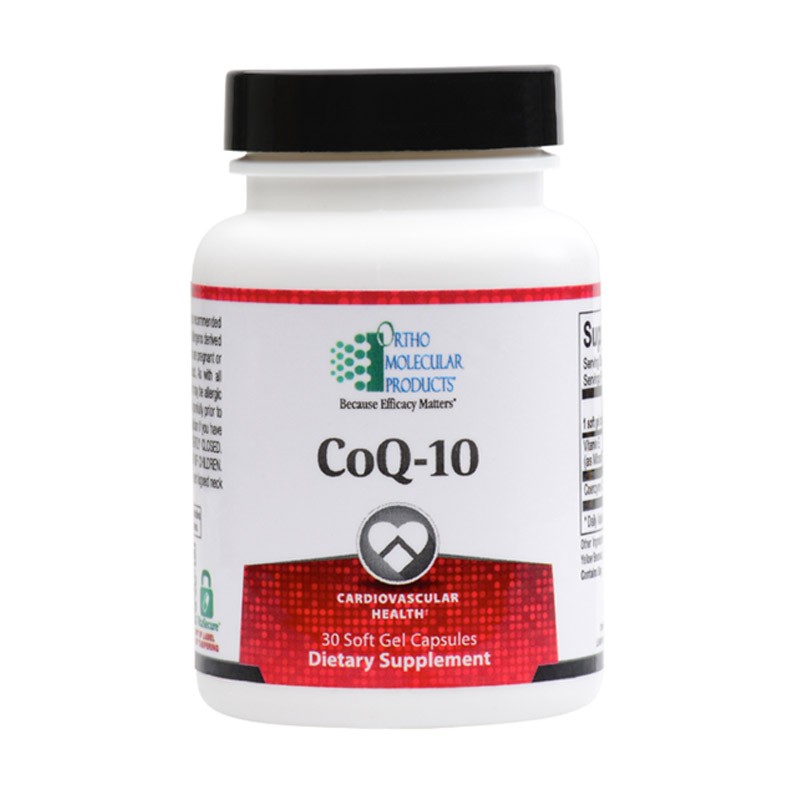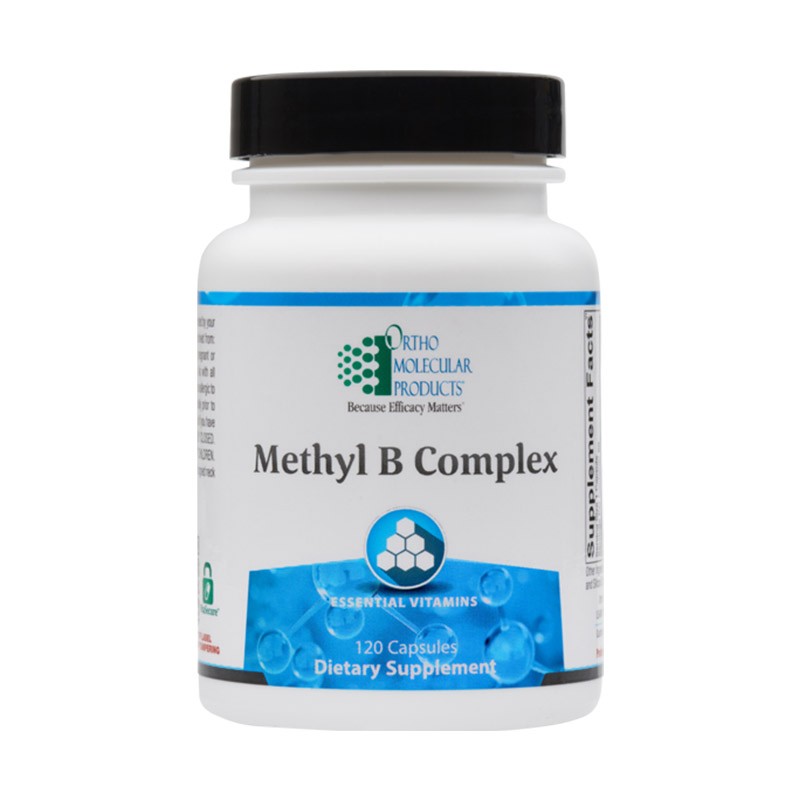Description
Reacted Magnesium Powder Provides Magnesium Bisglycinate Chelate for Optimal Absorption and GI Comfort.
Clinical Applications
- High-Concentration Magnesium for Cardiovascular Support
- Helps Maintain Healthy Blood Pressure and Glucose Levels
- Promotes Energy Production and Muscle Relaxation
Magnesium is an abundant mineral in the body and is found naturally in many foods, like green leafy vegetables. It is also found in over-the-counter medications, such as laxatives. The average American intake of magnesium, according to the National Health and Nutrition Examination Survey (NHANES Study) is critically low: Many Americans fail to consume the estimated average requirement (EAR) established by the Institute of Medicine. In addition, more than 57% of the population does not meet the United States Department of Agriculture requirements for magnesium in the diet. Intracellular magnesium levels are decreased by excessive intake of alcohol, salt, coffee, phosphoric acid found in sodas, diets high in calcium and high stress levels. Because of widespread nature of magnesium deficiencies, adequate daily intake of magnesium is critical for proper hydration, stress response, muscle relaxation, promoting healthy blood pressure levels, optimal bone mineral density, and blood sugar regulation.
Mix 1 scoop (5.7 grams) of Reacted Magnesium Powder with water or the beverage of your choice once daily or as recommended by your health care professional.
Reacted Magnesium Powder Benefits
Bioavailability : The Mineral Chelate Difference
The importance of bioavailability is obvious. If consuming a magnesium supplement has little effect on improving the body’s magnesium balance, there is no reason to ingest it. Signs of inferior mineral supplements include the use of cheap, poorly absorbed, rock-salt minerals like calcium carbonate and magnesium oxide.
Heart Health
Studies to date have found that magnesium supplementation maintains healthy blood pressure levels. Calcium is essential to the contraction of muscles, while magnesium aids muscle relaxation. Insufficient magnesium levels can contribute to constriction of the muscles in blood vessels and trigger changes in blood pressure levels.
Insulin Balance
Magnesium is integral for the transport of insulin from the bloodstream to cells. Increasing magnesium levels has been shown to maintain normal blood sugar levels. Diets with higher amounts of magnesium are associated with blood sugar balance, due to the role of magnesium in glucose metabolism.
Bone Health
Magnesium is involved in bone formation and influences the activity of osteoblasts and osteoclasts, cells responsible for the breakdown and formation of bone. Magnesium also impacts concentrations of parathyroid hormone and the active form of vitamin D, which are major regulators of bone homeostasis.






Reviews
There are no reviews yet.